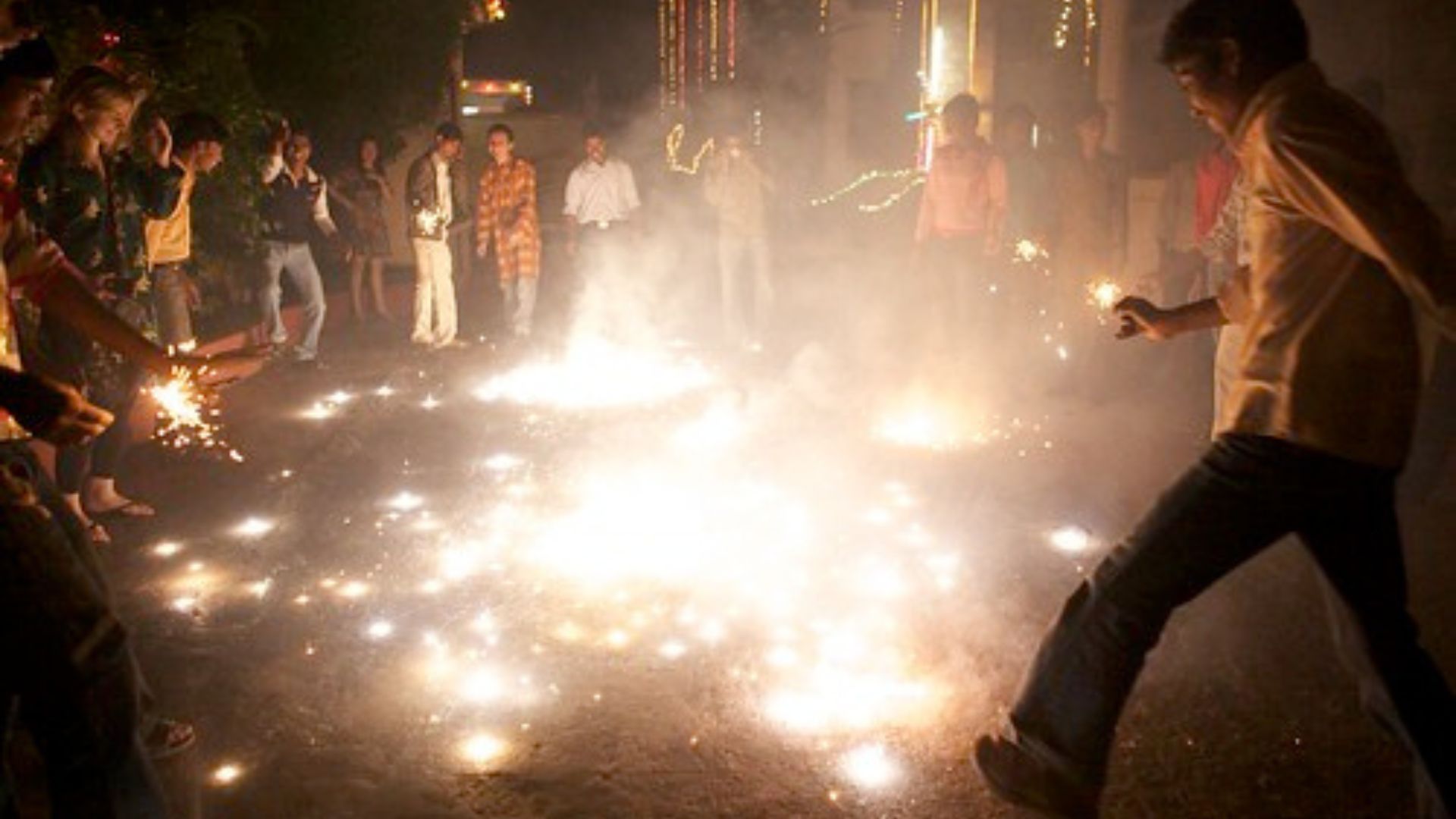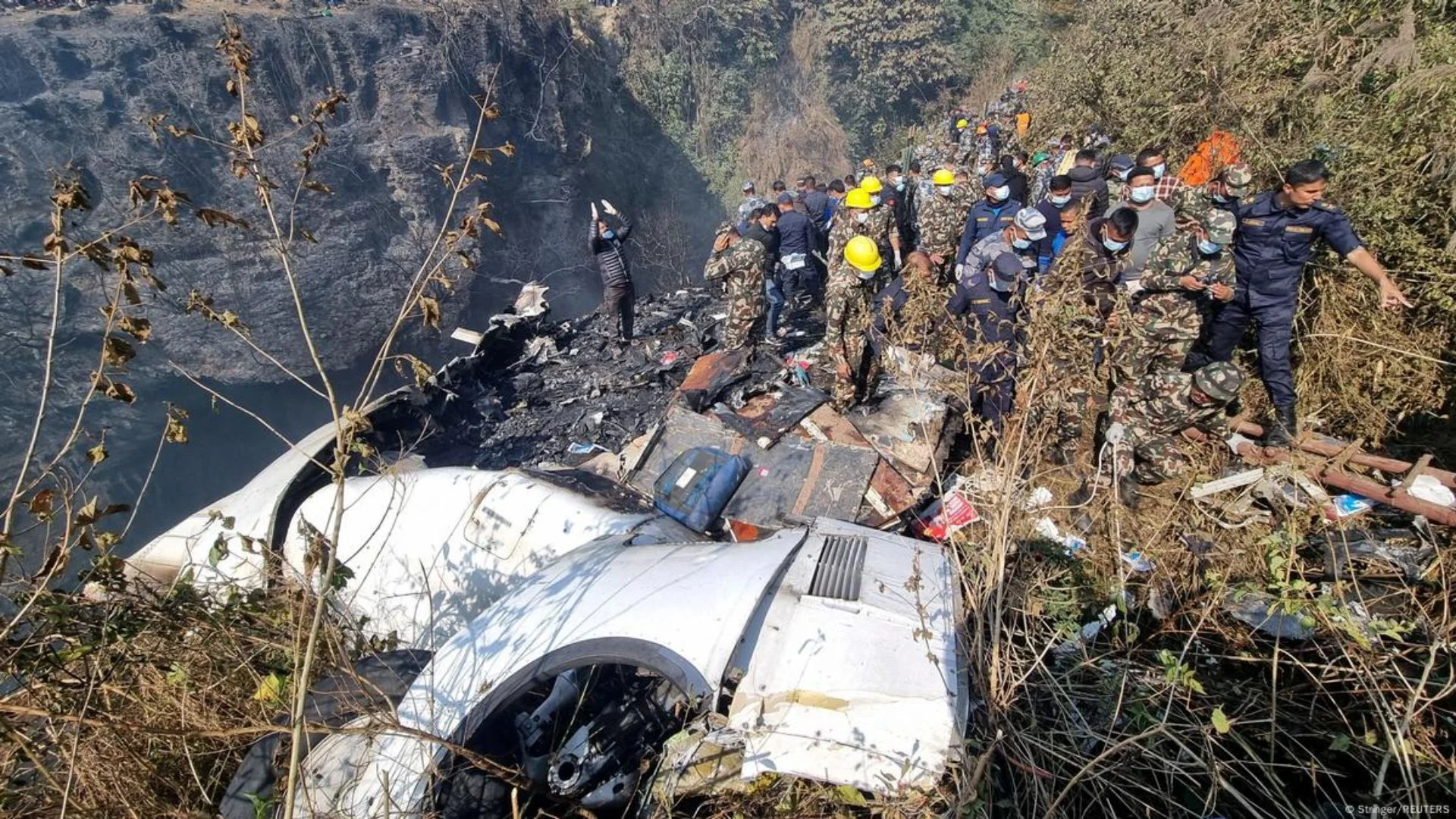Diwali, widely celebrated as the “Festival of Lights,” is a cherished time across India and among Indian communities globally. Marked by the lighting of diyas, family reunions, dazzling fireworks, and traditional sweets, it brings immense joy. However, post-Diwali pollution and its impact on health are now pressing issues, especially with the growing focus on environmental sustainability. In 2024, adopting awareness and preventive measures is key for a safer and healthier Diwali.
Sources of Post-Diwali Pollution
The main contributors to pollution during Diwali include:
1. Firecrackers: Central to Diwali festivities, but firecrackers are a major source of air and noise pollution, releasing particulates (PM2.5 and PM10), CO₂, SO₂, and heavy metals.
2. Increased Vehicle Emissions: Increased travel during Diwali leads to a surge in vehicles, contributing to heightened emission levels.
3. Festive Waste: Gift packaging, decorations, and firecracker remnants add to solid waste, which often ends up in landfills or open spaces, worsening pollution.
Types of Pollution Linked to Diwali
1. Air Pollution: The most substantial impact comes from air pollution, with firecracker residue increasing smog and reducing air quality.
2. Noise Pollution: Fireworks often exceed permissible sound levels, causing distress, particularly for vulnerable groups.
3. Water Pollution: Less acknowledged, water pollution can result from improper disposal of festival waste and firecracker remnants.
Health Impacts of Post-Diwali Pollution
Pollution from Diwali festivities affects public health significantly:
– Respiratory Issues: High particulate levels can trigger respiratory conditions, such as asthma and COPD, especially in those with pre-existing health concerns.
– Allergic Reactions: Sulfur dioxide and nitrogen oxides can lead to allergies, causing symptoms like coughing and skin irritation.
– Cardiovascular Risks: Fine particulates can penetrate lungs and enter the bloodstream, increasing heart disease risk.
– Air Quality Decline: Cities with existing air quality issues, like Delhi and Mumbai, see sharp AQI drops during Diwali, affecting millions.
– Noise-Related Health Effects: Excessive noise can cause hearing loss, stress, and sleep disturbances.
Tips for an Eco-Friendly Diwali
To reduce pollution while celebrating, consider these suggestions:
– Use Green Firecrackers: Designed to emit fewer pollutants, green crackers are a cleaner option.
– Focus on Lamps and Diyas: Emphasizing traditional lighting over fireworks captures Diwali’s true essence.
– Plant Trees: A long-term solution to improve air quality, especially valuable post-Diwali.
– Limit Vehicle Use: Carpooling and public transport can help reduce traffic emissions.
– Manage Waste Responsibly: Use biodegradable materials and recycle whenever possible.
Post-Diwali Health Measures
After Diwali, it’s vital to take steps to mitigate pollution’s effects:
– Use Air Purifiers: Effective for indoor spaces, especially where pollution tends to linger.
– Wear Protective Masks: N95 or similar masks help filter fine particles outdoors.
– Stay Hydrated: Drinking water aids in flushing toxins.
– Ventilate Home Spaces: Letting in fresh air during the day helps reduce indoor pollution levels.
Diwali remains a joyful celebration, and by embracing sustainable practices, we can enjoy the festival while safeguarding health and the environment. Emphasizing mindful celebrations enhances Diwali’s spirit without diminishing its joy, ensuring a meaningful, safe, and responsible celebration.







